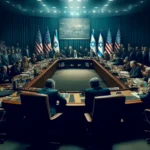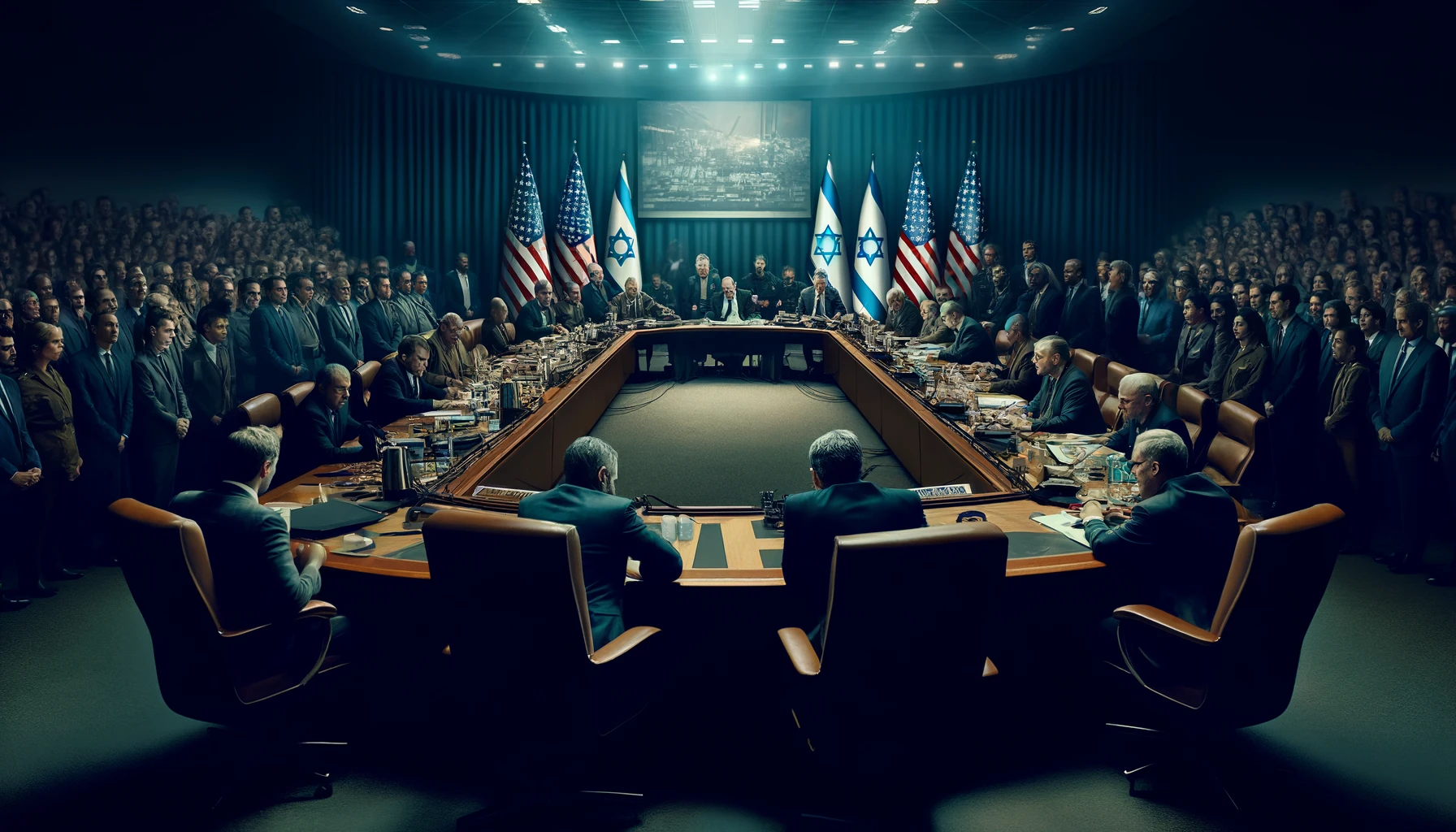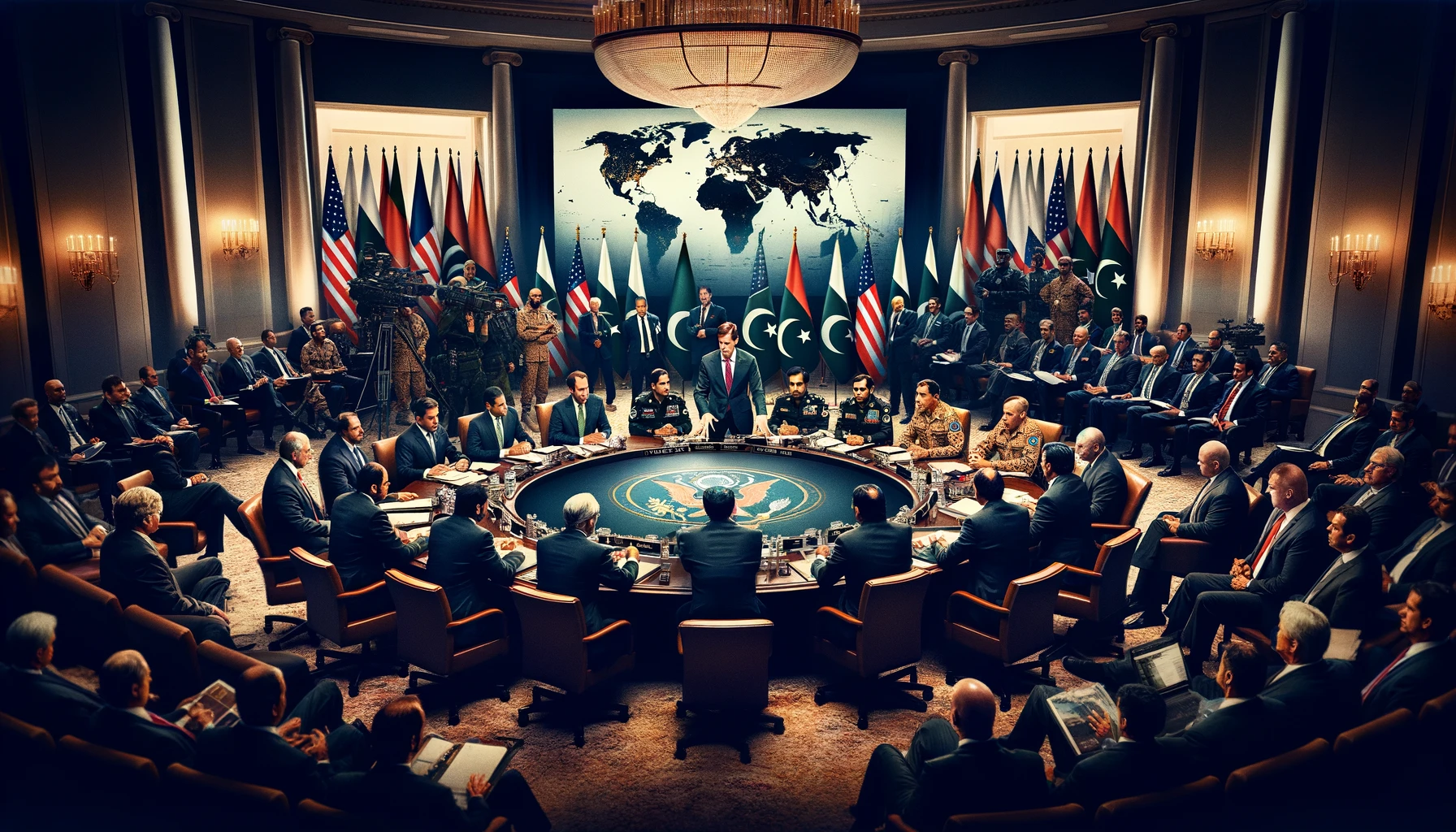A Close Call in Iran
On May 19, 2024, news erupted about a possible helicopter crash involving Iranian President Ebrahim Raisi and his Foreign Minister Hossein Amirabdollahian. Early reports were confusing, with Iranian state media describing it as a “hard landing” or an “incident” near the border with Azerbaijan.
The event sent chills through the region, particularly considering the already strained relations between Iran, the United States, and Israel. While the full details of the incident remain unclear, it serves as a stark reminder of the complex geopolitical landscape in the Middle East.
A History of Tension: US-Iran Relations
The relationship between the US and Iran has been marked by decades of mistrust and hostility. The 1979 Iranian Revolution, which overthrew the US-backed Shah, and the subsequent hostage crisis, deeply fractured ties. The US withdrawal from the Iran nuclear deal in 2018 further escalated tensions.
Washington accuses Iran of pursuing nuclear weapons ambitions and sponsoring terrorism, charges Tehran vehemently denies. Additionally, the US supports Israel, which views Iran as its primary regional threat. This dynamic creates a volatile triangle where any incident involving Iran has the potential to escalate.
The US Response: Watching from Afar
The US response to the helicopter incident was measured. The White House confirmed President Biden was briefed, and the State Department is monitoring the situation. This cautious approach reflects the current US priority of avoiding a direct confrontation with Iran.
However, the incident also highlights the challenges of navigating a complex relationship. The US may be hesitant to antagonize Iran further, but it must also maintain its commitment to Israel’s security.
Israel’s View: A Cautious Eye on Iran
Israel has long viewed Iran’s nuclear program and support for armed groups like Hezbollah as existential threats. The recent helicopter incident is unlikely to have a major immediate impact on their relationship. However, it serves as a reminder of the
Potential for Sudden Escalation in The Region.
Israel will likely watch developments closely, concerned about any sign of Iranian instability that could provide an opportunity for hostile actors.
Looking Ahead: Uncertainty and the Need for Diplomacy
The full picture surrounding the Iranian helicopter incident remains unclear. Regardless of the cause, the event underscores the precarious state of US-Iran relations and the complexities of the regional security landscape.
While a full-blown crisis seems unlikely at this point, the incident serves as a warning. Continued tensions and a lack of communication between the US and Iran increase the risk of miscalculation and unintended conflict. The need for diplomatic channels to remain open, even amidst disagreements, becomes paramount.
The coming days will likely reveal more details about the Iranian helicopter incident. However, one thing is certain: the tangled web of US-Iran-Israel relations will continue to shape the future of the Middle East.









